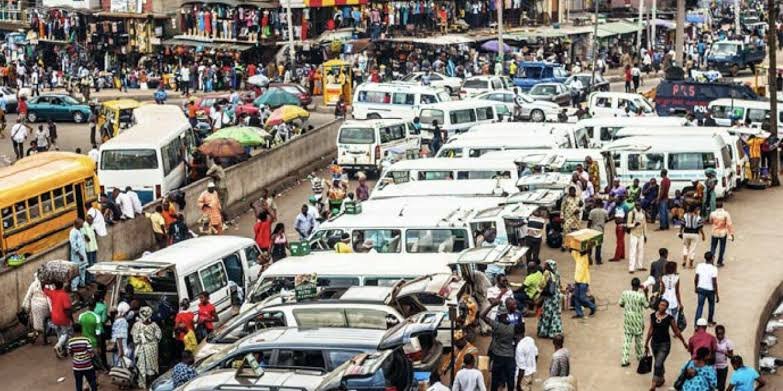Women in The Gambia are stepping into powerful roles as environmental leaders, pushing forward innovative climate actions that are transforming their communities and challenging traditional gender roles.
Fatou Njie, a pioneering solar energy technician, is breaking barriers by training other women in solar panel installation, proving that renewable energy is not just a male-dominated field. Her work is empowering women to take control of their futures through clean energy.
In Abuko, primary school children are learning about the environment thanks to the efforts of Maimuna Jabbi, an environmental activist raising awareness about climate issues from a young age. She believes education is key to building a more climate-resilient society.
Tree planting has also become a major tool in the fight against climate change. Fatou Jeng is leading a reforestation project in Banjul, where 4,000 palm and baobab trees have been planted to defend the coast against erosion and rising sea levels.
Meanwhile, in Bakau, a women-run agricultural cooperative is practicing organic farming using natural fertilizers like animal manure and groundnut waste. This approach not only protects soil quality but also prevents harmful salinization of the land.
These initiatives not only help curb the effects of climate change but also showcase how women in The Gambia are creating lasting impact—empowering others, protecting the environment, and building a fairer, more sustainable future for all.



